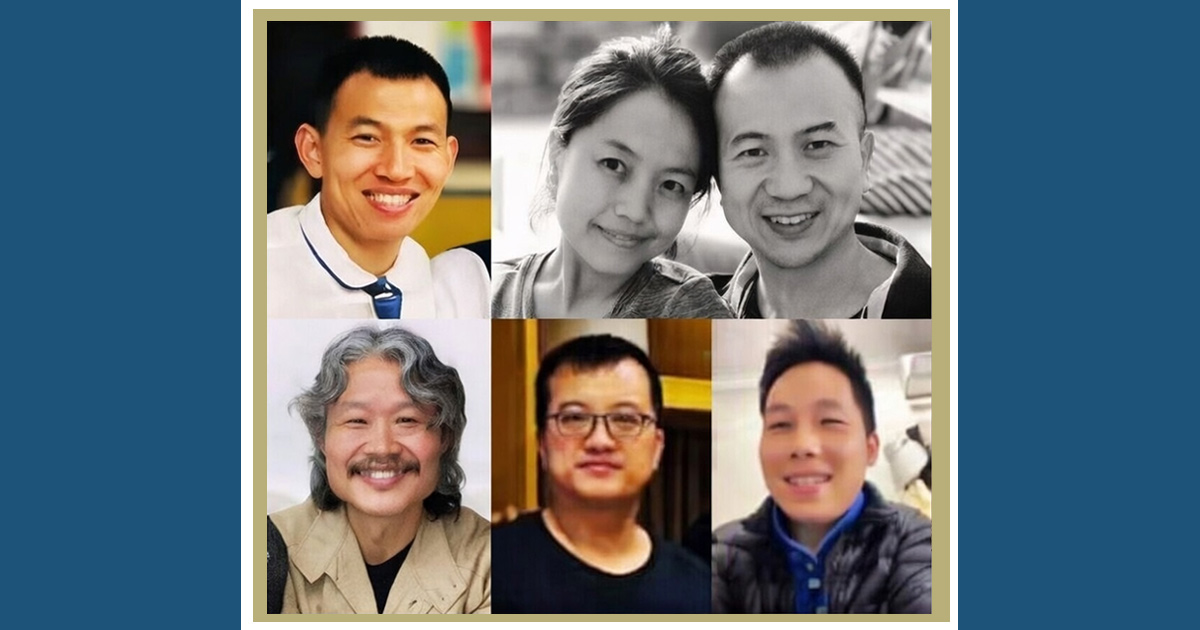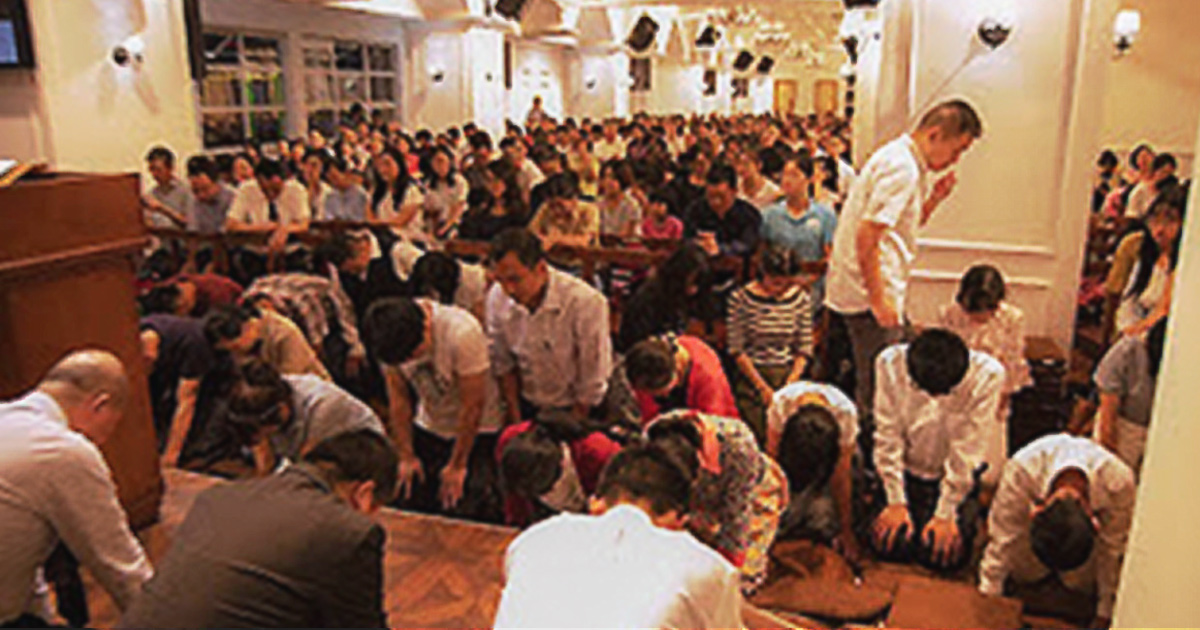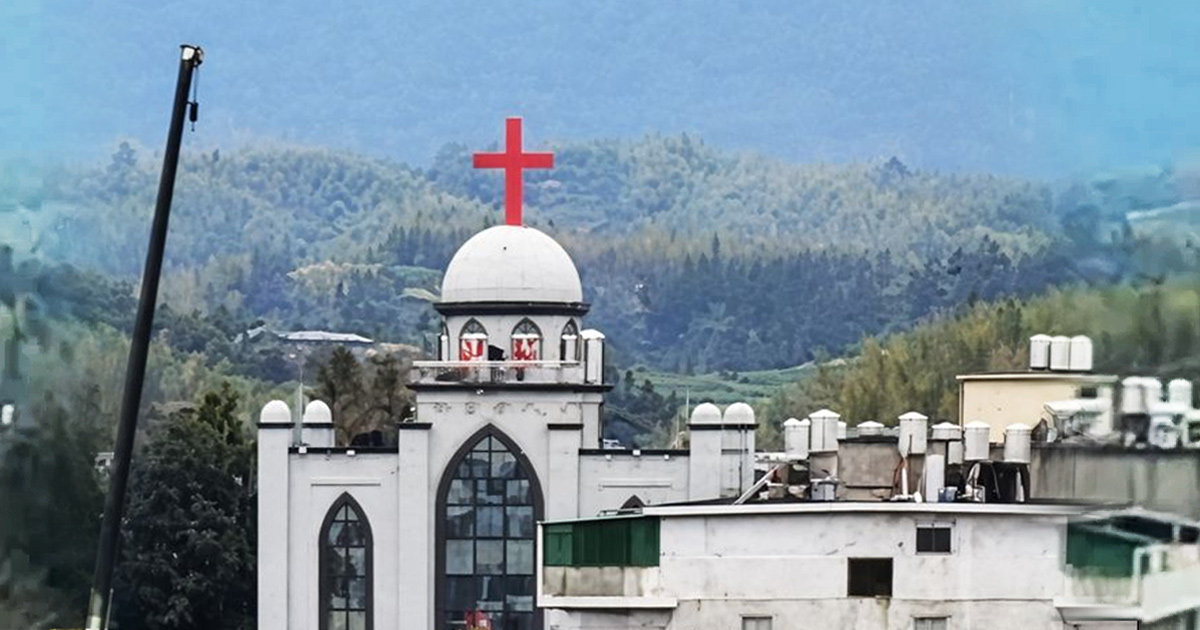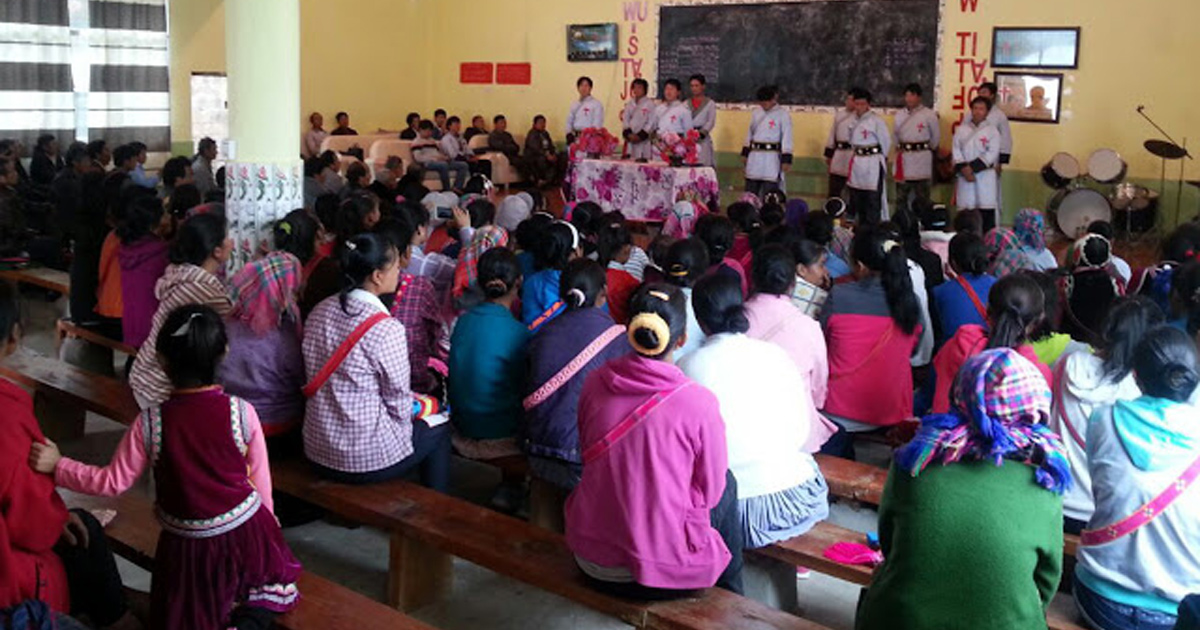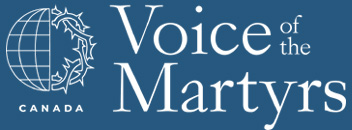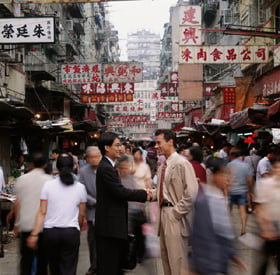 Canada's best gift to the changing role China is playing in our globe may be the lesson that freedom is more than just the freedom to make money. One wonders what historical Canadian connections to China would think of the recent extensive (sixty-five page) weekend coverage in the Globe and Mail which elevated financial profit ahead of human rights. At the very least, it is an affront to the sacrificial work of Canadian pioneers like Jonathon and Rosalind Goforth who, as Presbyterian missionaries in the late 1800's, dedicated their lives to give the masses in China the right to freedom of religious conscience. They and hundreds of highly educated Canadian missionaries knew they were arriving in a China where national and expatriate Christians were being martyred, yet they went to assist in the educational and medical development of China without compromising their commitment to sharing the Christian message with those whom they served. This tragically ended with the rise of communism in 1949 when most foreign missionaries were forced to leave the country, never to return.
Canada's best gift to the changing role China is playing in our globe may be the lesson that freedom is more than just the freedom to make money. One wonders what historical Canadian connections to China would think of the recent extensive (sixty-five page) weekend coverage in the Globe and Mail which elevated financial profit ahead of human rights. At the very least, it is an affront to the sacrificial work of Canadian pioneers like Jonathon and Rosalind Goforth who, as Presbyterian missionaries in the late 1800's, dedicated their lives to give the masses in China the right to freedom of religious conscience. They and hundreds of highly educated Canadian missionaries knew they were arriving in a China where national and expatriate Christians were being martyred, yet they went to assist in the educational and medical development of China without compromising their commitment to sharing the Christian message with those whom they served. This tragically ended with the rise of communism in 1949 when most foreign missionaries were forced to leave the country, never to return.
Their impact, however, did not end. Until recently, Canadian ambassadors to China were typically the children of these missionaries. And the churches the missionaries left behind have flourished. Indeed, it is the rapid growth of the Church that causes Chinese authorities the greatest concern. Since 1949, the number of Chinese Christians has grown approximately 4 million to an estimated 90 million today.
Religious liberty in today's China is largely restricted to those groups that submit to government control over their operations. Those who resist on the basis of religious conscience may be fined, imprisoned, or sent without trial to camps for "re-education through labour." Since December of 2000, hundreds of unregistered church buildings, temples and other religious meeting places have been torn to the ground. It is still illegal for those under 18 years of old to receive religious instruction.
Now, as a century ago, Canadians are flocking to China. This time, however, they go as missionaries of commerce. Tragically, however, there is little or no concern for freedom of conscience driving these new missionaries; only the freedom to do business. As in the recent Globe coverage, any reference to human rights was strictly in reference to capitalism and the freedom to make money and lots of it.
 Making profit is, of course not intrinsically wrong. But tragically, Canadians are contributing to the myth that increased trade will inevitably result in greater human rights in restrictive nations like China. Ignored is the fact that this economic revolution in China is actually fueling an increased preoccupation by the Chinese government in maintaining the control over the country. Free expression by the Chinese press has declined in recent years rather than improved. Newspapers, websites, and magazines are closed when their content threatens the government hegemony over the beliefs and values of Chinese society.
Making profit is, of course not intrinsically wrong. But tragically, Canadians are contributing to the myth that increased trade will inevitably result in greater human rights in restrictive nations like China. Ignored is the fact that this economic revolution in China is actually fueling an increased preoccupation by the Chinese government in maintaining the control over the country. Free expression by the Chinese press has declined in recent years rather than improved. Newspapers, websites, and magazines are closed when their content threatens the government hegemony over the beliefs and values of Chinese society.
There are some who are brave enough to incur official wrath for the sake of freedom, like Liu Fenggang, Xu Yonghai and Zhang Shengqi, who were caught relaying information on religious rights abuses and convicted on August 6, 2004 with "providing national intelligence to overseas organizations." They were sentenced to 1-3 years in prison for this "crime." Church leaders and evangelists continue to be detained and are often beaten and tortured, sometimes with fatal results. As recently as June 18, a 34-year-old woman was beaten to death in jail by Chinese police after being arrested for handing out Bibles in the southwest Chinese province of Guizhou. According to news reports, Jiang Zongxiu was arrested for "spreading rumours and inciting to disturb social order." Later that day, police informed her family that she had died of a sudden illness. Relatives report that her body was covered with bruises and blood stains.
As part of The Voice of the Martyrs, a Canadian organization dedicated to assisting persecuted Christian believers around the world, I have seen absolutely no improvement in China's religious liberty policies as a result of economic reforms. Increasingly in the last two years, we have been called upon to assist prisoners of religious conscience with funds for as good a legal defense as is possible in a regime sadly in need of legal reform. Our work of advocacy in China both officially and on the grassroots level has also increased in the new millennium. It is ironic that while some Canadians are benefiting from the economic revival sweeping China, others are forced to invest in defending those whose rights are being stripped from them.
I am not naively arguing for a complete cessation of business with China until its human rights record improves. But corresponding naivety or deliberate ignorance on the part of Canadian government and business only contributes to the maintenance of China as not only an economic superpower, but a superpower of oppression. There should be, to my mind, at the very least, certain restrictions placed on trade with China. The sale of surveillance equipment and technology that can be used to suppress freedom of speech and religious expression should be curtailed. Companies should diligently (read not simply taking the Chinese government's word for it) prove that goods manufactured in China have not used prisoner labour in their production. Three years ago, The Voice of the Martyrs obtained confidential reports of imprisoned Chinese pastors being forced to work in inhumane conditions, without pay, assembling strings of Christmas lights for export to countries such as Canada. This is especially ironical given the Chinese government's veiled threat in 1992 when its state-run press noted that "the church played an important role in the change" in Eastern Europe and warned, "If China does not want such a scene to be repeated in its land, it must strangle the baby while it is still in the manger."
The Chinese government must be reminded that the abuse of religious dissidents is not simply an internal Chinese matter, but a violation of international conventions that they have signed, such the United Nations Declaration of Human Rights. Trade with China must not be pursued at any price. Freedom to make money cannot be allowed to continue to trump other, even more fundamental, rights.
(The Voice of the Martyrs' multimedia website, www.vomcanada.com, has a number of videos and interviews on China. Login is necessary, but membership is free.)

 Population
Population